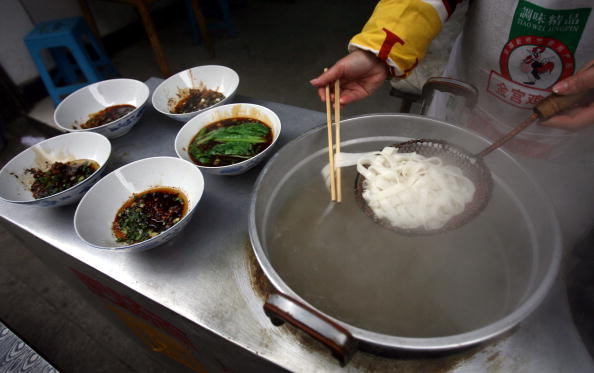China: Restaurants found spiking food with opiates to draw customers

Some 35 restaurants in China have come under scrutiny for illegally lacing their food with opiates, like morphine and codeine, according to the China Food and Drug Administration. An investigation is underway as to exactly how the restaurants were adding the illegal drugs to the food.
According to the local news agency, Xinhua, dishes that were spiced with opiates, include noodles, hotpot and lobsters. So far, five out of the 35 restaurants are being prosecuted while investigations are ongoing on the remaining eateries. Included amongst the shortlisted restaurants are hot pot restaurants across Beijing.
In a similar incident in 2004, nearly 215 restaurants in the Guizhou province were shut down for adding poppy and morphine to soups and hotpot stews, according to Narcotics police in southwestern China. "Consuming soup or hot pots mixed with poppies for a long time will make you become addicted ... and eventually lead you to drug abuse in serious cases," said Wei Tao, deputy chief of the Food Institute with Guizhou Provincial Centre for Disease Control, reported The China Post.
In an earlier case, a restaurant owner in Beijing was sentenced to 18 months for adding poppy powder to a spicy fish dish. Poppy powder when mixed with chilli oil or chinese salt is hard to detect, and is commonly used by hotspot restaurants to bypass inspectors. While the quantities of narcotics used in the food remains low, long-term exposure to the meals could allow the opiates to build up in the body leading to a positive drug test and possible drug addiction.
China previously made news after a Shanghai-based supplier was found supplying expired chicken meat to restaurants, like KFC, Starbucks and MacDonald's. Over 300,000 children in China also fell ill in 2008 after milk powder was found contaminated with melamine, a chemical used in plastic production.
© Copyright IBTimes 2025. All rights reserved.




















